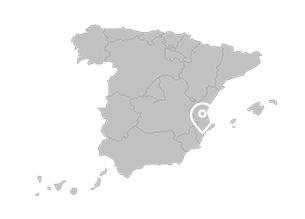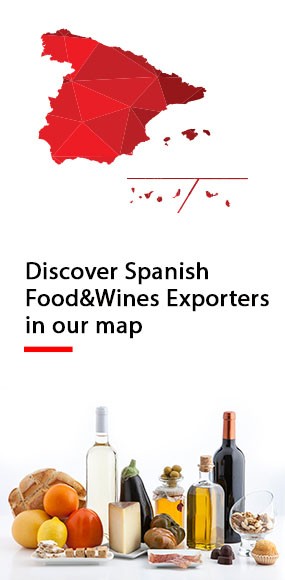.png.transform/rendition-xs/image_image%20(1).png)
Fondillón, Alicante’s Oldest Wine Tradition Endures
Where Alicante wines go, fondillón goes with them, offering wine lovers a taste of a beloved, regional, wine making tradition.
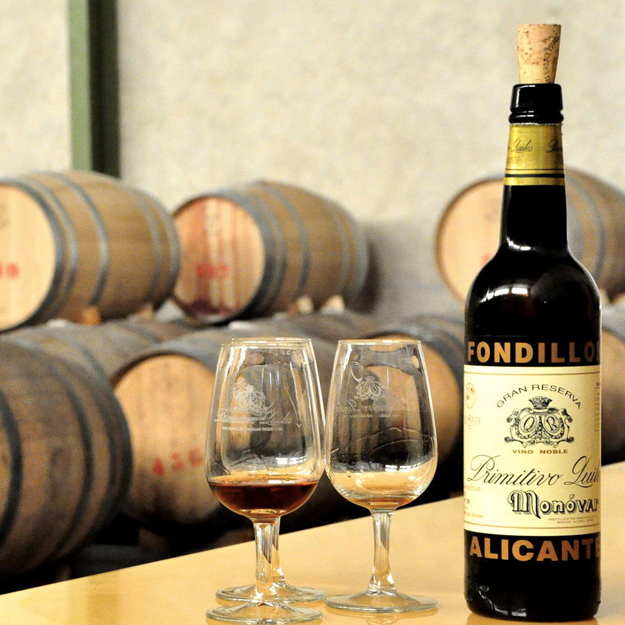
Despite the huge variety of wines that this country has to offer, fans of Spanish wine might think they've got it covered in their lust for Spanish reds, whites, rosados, sparkling wines, and even Sherries. But dig a little deeper into regional traditions and age-old wine making techniques, and you will find yourself seduced by wine styles that you might never have experienced.
One such Spanish wine is fondillón, the result of a wine making tradition from Alicante that was once so ubiquitous in this area that wines once referred to simply as “Alicante,” were almost certainly fondillón. Sometimes described as a “vino rancio,” or rancid wine, fondillón is more specifically an unfortified wine (meaning that no additional alcohol is added) made from overripe Monastrell grapes – a noble red grape that is native to this Mediterranean region. The grapes are left to over-ripen on the vines, concentrating their sugars and resulting in a high alcohol content (minimum 16% ABV). They are then aged in giant wooden casks in which different vintages are mixed together for at least ten years and frequently for many more decades, following the solera method used for Sherry wines. As these semi-sweet wines age, their vibrant red hues slowly take on an amber tone that is accompanied by complex notes of dark, dried fruit and nuts, among other nuances
Historic tradition
As with many other Spanish wine producing regions, the history of wine making in Alicante dates back thousands of years. One of the most popular, but not the earliest, references to fondillón wine from Alicante appeared in the chronicles of Louis de Rouvroy, the Duke of Saint-Simón, the official memoirists of the court of Louis XIV of France. According to his memoirs, the so-called “Sun King” requested cakes soaked in fondillón wine on his deathbed in 1715 – a time when this wine was one of the most famous in the world. Other historic references followed attesting to the popularity of this semi-sweet wine, and fondillón truly came to its own during the late 20th century when the phylloxera plague decimated the vineyards of France, causing a boom in Alicante wine exports. However, the plague later descended on Spain and Alicante’s vineyards, with one of the results being that this traditional wine style soon faded from world – and in large part even Spanish – markets.
Even so, small-scale production of fondillón has endured in various traditional wineries in this region, and the world-wide trend towards seeking out and re-valuing traditional wine styles and techniques has brought with it a sort of renaissance for these Spanish wines.
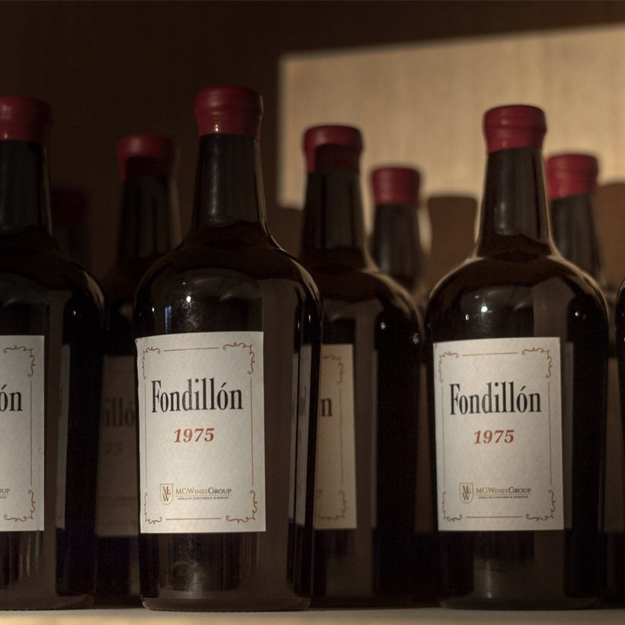
An early nod was in the February 2008 issue of the Wine Advocate, which awarded 93 points to Primitivo Quiles fondillón Gran Reserva Solera 1948 (a wine that originally hit the market in the 1960s) along with this tasting note: “Dark amber/brown in color, it has aromas reminiscent of an Amontillado sherry including almonds, ginger, dates, and assorted dried dark fruits. It finishes sherry-like but without the alcohol and the bite. There is nothing else quite like this uniquely styled dry wine.”
More recently, Fondillón Gran Reserva 1996 from Bodegas Monóvar, was nominated for the 2018 “Best Revelation” wine award by the prestigious Guía Peñin Salón de los Mejores Vinos de España (Salon of the Best Wines in Spain).
In addition to Bodegas Primitivo Quiles and Bodegas Monóvar, Bodegas Salvador Poveda is another stalwart of this traditional wine style. Unlike the former, which blends different vintages of the wine using the solera system, Bodegas Salvador Poveda produces single-vintage versions of fondillón. Regardless, from 2014 on, the product label for fondillón specifies and defines both blended and single-vintage systems. Another well-known brand is Casta Diva Solera 1978, from Gutiérrez de la Vega winery.
Protecting quality, protecting tradition
Whichever the winery, there is no doubting the fact that this Alicante wine is singular in the world, and protected by Designation of Origin Vinos de Alicante.
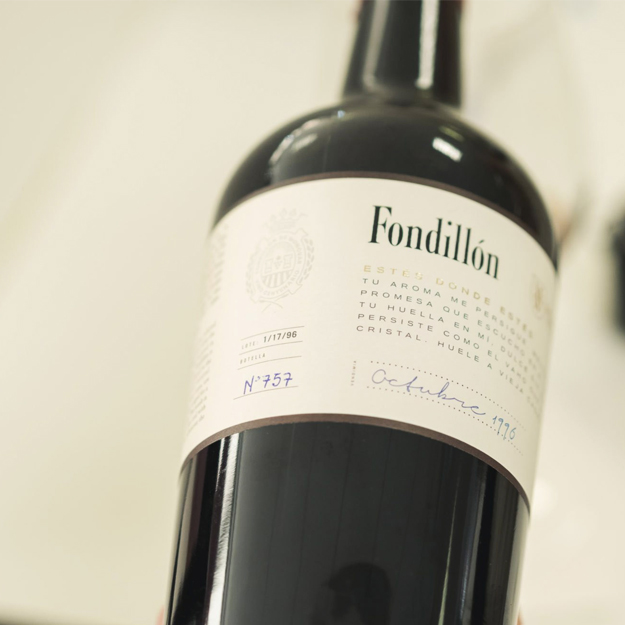
The reason that this wine is unique to Alicante has to do with the climate of the region, which boasts long summers and low-humidity – factors which make it possible to leave the Monastrell grapes on the vines throughout October and even November. It is important to once again highlight the fact that this wine has no added alcohol. All of its sugars come directly from the grapes themselves – a characteristic that sets it apart from fortified wines like Sherry and Port. Finally, the type of barrels used in the ageing process is key, with some typical casks in Alicante holding up to 1,200 liters of wine – casks that are closely linked to the the history of this region’s traditional wine makers.
Text: Adrienne Smith / @ICEX
Photos: @ICEX

